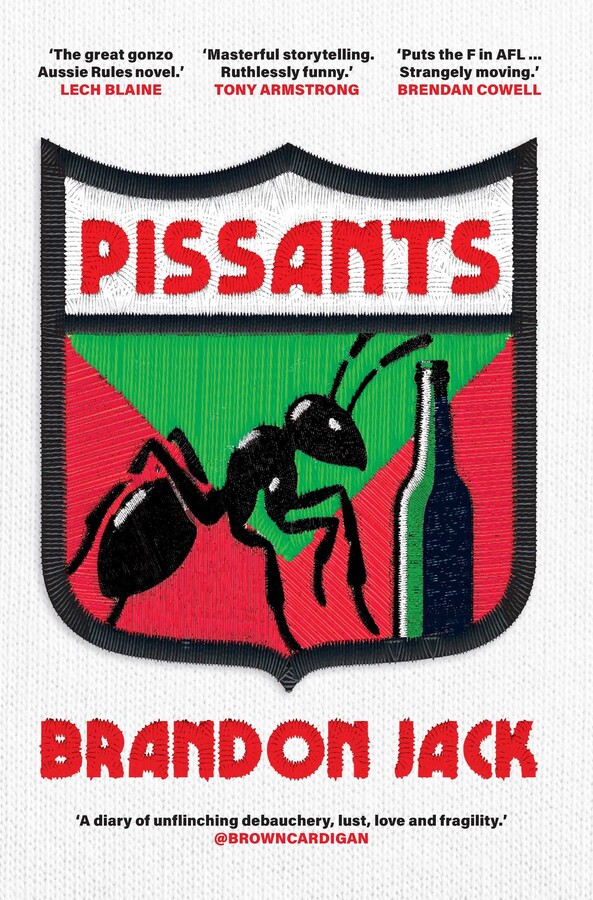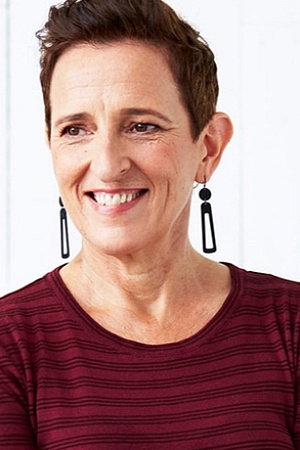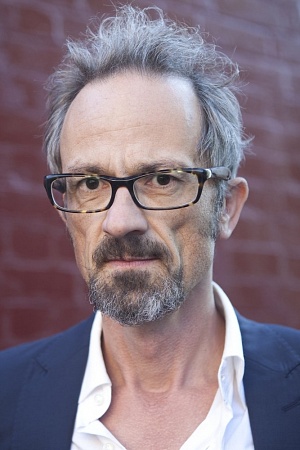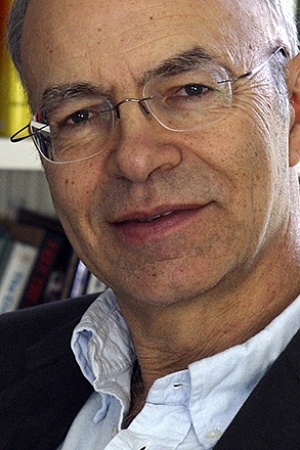Open Page
Open Page with Frank Moorhouse
by Hidden Author •
Why do you write?
Storytelling in all its forms is one way of having something curious, strange, and comforting to say to others and ourselves when we are faced with the malaise of the real.
Are you a vivid dreamer?
Continue reading for only $10 per month. Subscribe and gain full access to Australian Book Review. Already a subscriber? Sign in. If you need assistance, feel free to contact us.










Leave a comment
If you are an ABR subscriber, you will need to sign in to post a comment.
If you have forgotten your sign in details, or if you receive an error message when trying to submit your comment, please email your comment (and the name of the article to which it relates) to ABR Comments. We will review your comment and, subject to approval, we will post it under your name.
Please note that all comments must be approved by ABR and comply with our Terms & Conditions.